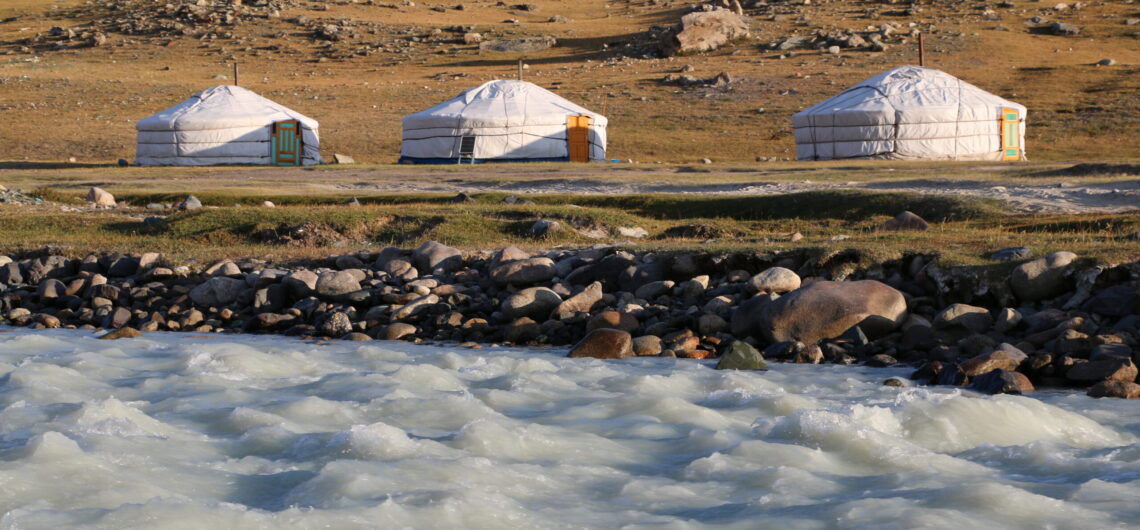Mongolian Gers are Becoming an Important Non-Mining Export Product
The Mongolian gers have been dwellings suited to the nomadic lifestyle of Central Asian nomads for thousands of years. Herodotus, who lived in Greece in 484 – 424 BC and is considered the first historian of the world, recorded that the Central Asia nomadic Scythians lived in yurt-like round homes 200 years before his age. There are multiple variations of yurts, such as Mongolian, Kazakh, and Kyrgyz, but Mongolian gers are more suitable for living in extremely cold climates.
While being portable and affordable, Mongolian gers allow for comfortable living with good air circulation and insulation from heat and cold as well as noise. These qualities of gers are increasingly appreciated by people living in other countries. Pope Francis, who visited Mongolia in September 2023, mentioned Mongolian gers many times in his speeches, noting that gers are low-cost and environmentally friendly homes. There are an increasing number of yurt makers in other countries, for example, in the United States and Australia, adopting similar structural designs but using modern, non-natural materials.
Mongolian gers are now being exported to more than 30 countries around the world. People use gers for many purposes, including dwelling in off-grid locations, yoga and art studios, and glamping. In Mongolia, over twenty companies regularly make and export gers, and they are becoming one of the stable non-mining export products of Mongolia, together with cashmere and other products of animal origin. However, currently, most local producers are not able to deliver to foreign markets on their own and rely on foreign nationals to act as intermediaries between the producer and the customer. A major portion of the value-added from the sale of gers is obtained by these middlemen. Also, there are risks of a declining reputation of gers among foreign customers due to the low quality of gers made by some local producers. Natural materials such as felt and cotton fabrics that have been traditionally used in gers do not always withstand the humid and hot climate of many foreign countries. Ashid Ger LLC, based in Ulaanbaatar, is the only company that sells gers directly to customers in major markets of the U.S., Australia, and Europe through its website. The director of the company, G. Enkhtuvshin, said selling directly to foreign customers without middlemen enables them to make far better quality gers using high-quality materials and employing skilled craftsmen, thus offering good value for money to its customers. He said the company’s mission is to protect the reputation of gers in foreign markets and contribute to increasing the popularity of Mongolian gers among foreign customers. via: montsame agancy.

